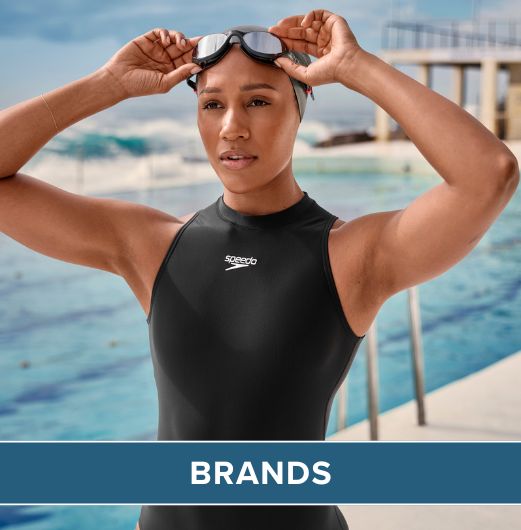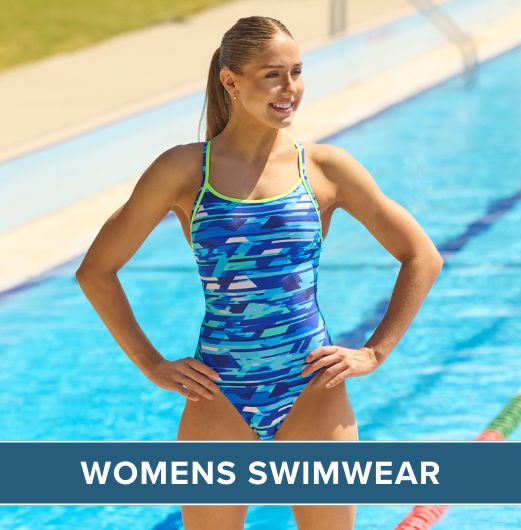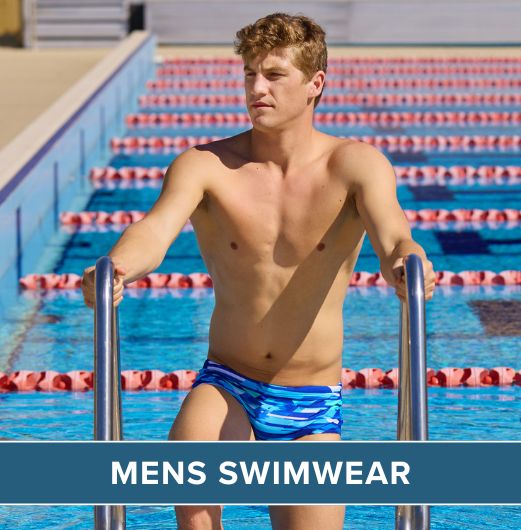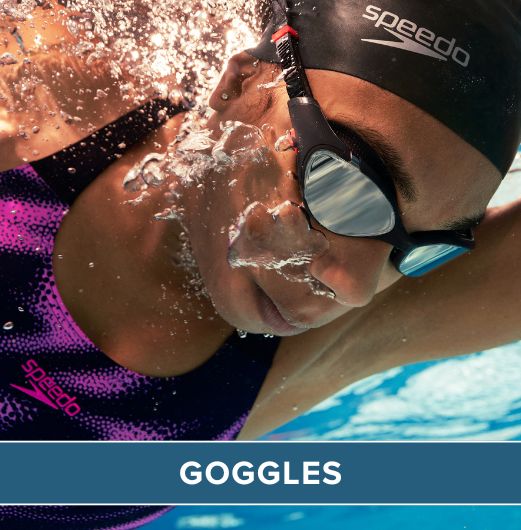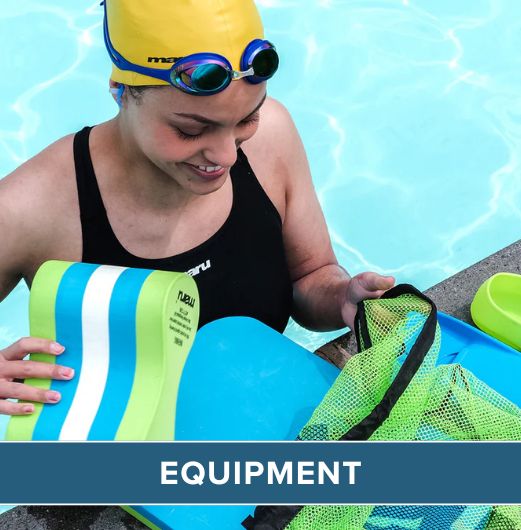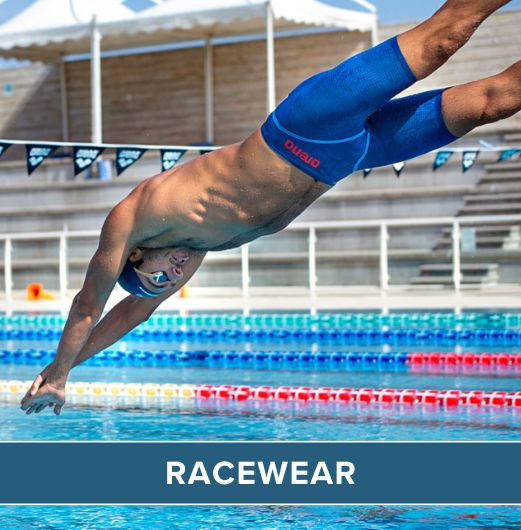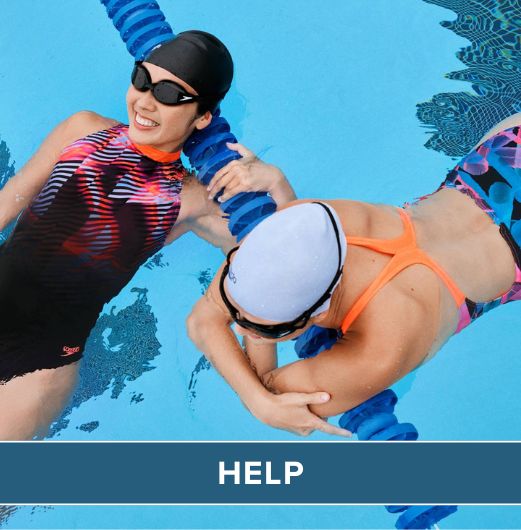Strength training can be hugely beneficial to swimming performance, whether you’re an elite level athlete training for an international even or a club level swimmer looking to improve your 100m backstroke PB. However, as with any strength training programme for a specific sporting discipline, it is important that you focus on incorporating movements and lifts that are relevant to the mechanics of your sport. By that I mean don’t head to your computer, Google ‘strength training’, and print off any old workout. And while that 20 stone Lithuanian gentleman in your gym might be able to deadlift the equivalent of a Ford Ka, his routine may not be well suited to a svelte 200m freestyle swimmer, so don’t go asking him for advice either (especially if you enjoy the use of your CNS).

For optimum results in the pool, when hitting the weights room you should focus on the exercises that will target the specific movements used to propel yourself through the water, such as pulling and kicking. It is also important that while targeting muscle growth you do not compromise flexibility or over-train to the extent that your newfound muscle mass will increase resistance and negatively impact your power-to-weight ratio, which is extremely important to improving swimming performance.
Essentially, the goal should be to get as strong as you can without bulking up too much.
With all this in mind, here are four excellent compound exercises which you can start including in your land training regime to improve strength and, with it, swimming performance.
Squats
Having a strong, tight and even six-beat leg kick is essential to sustaining a fast pace in the pool (inertia). In order to achieve this you need to hone very strong legs and a strong core, which is easier said than done. This is where strength training on land can be super effective – especially squatting. Squatting is an extraordinarily effective compound movement which in addition to targeting a wide array of leg muscles (hamstrings, quads, glutes, calves) also hits your core and lower back. Remember to squat for the range of motion (below parallel) as this will be far more beneficial than doing ‘half squats’ with a heavier weight. This exercise will help give you that extra ‘kick’ (pun intended) as you push of the wall for that last length dash!
Bench Press
This exercise is a great way to target pectoral strength which is very important for breaststroke but also the other strokes too. The bench press also works your triceps, improves wrist musculature (essential for ‘grabbing’ the water efficiently) and it also requires shoulder stabilisation, which will help with butterfly and front crawl mechanics.
Wide Grip Pull Ups
Wide grip pull ups are a great exercise for building strength in your back – especially lat (latissimus dorsi) strength, which is extremely important for swimmers. In addition, as pull ups force you to keep a perfectly still body during the upwards and downwards phase of the lift (not easy), this movement also improves your core stability which is an important facet of good swimming technique. Lat pulldown and bent over rows are also good exercises to target your back muscles.

Plank
The dreaded plank is a great way of building core strength, which, when swimming, will improve stroke efficiency by preventing the rear from dropping and eliminating wasteful sideways movement. While performing the plank, ensure that you maintain a straight line through the head to hips and that there is no tension in the lower back. Start by holding the plank for 45-60 seconds and gradually increase this as you get stronger.
Signing off
Introducing these four compound exercises into your land training routine will help improve strength in the muscles recruited for specific swimming movements, allowing you swim faster and more efficiently. In addition, regularly performing these exercises will also help prevent the risk of injury. So if you have time aside from swimming, sleeping and consuming your bodyweight in pasta, give these exercises a go!
If you have any thoughts or questions about strength training and swimming, I’d love to hear from you, just leave me a comment below.
 Free Tracked UK Delivery
Free Tracked UK Delivery Hassle Free Returns
Hassle Free Returns Next Working Day OPTION
Next Working Day OPTION Found It Cheaper?
Found It Cheaper?



